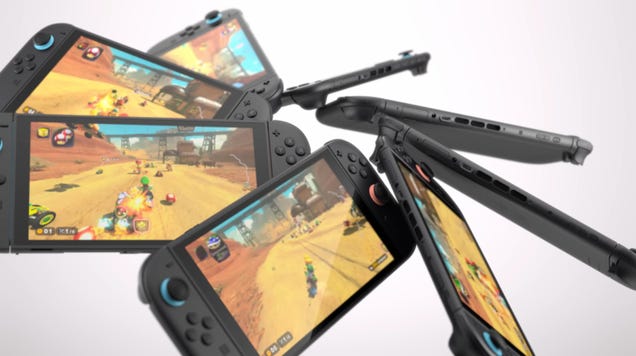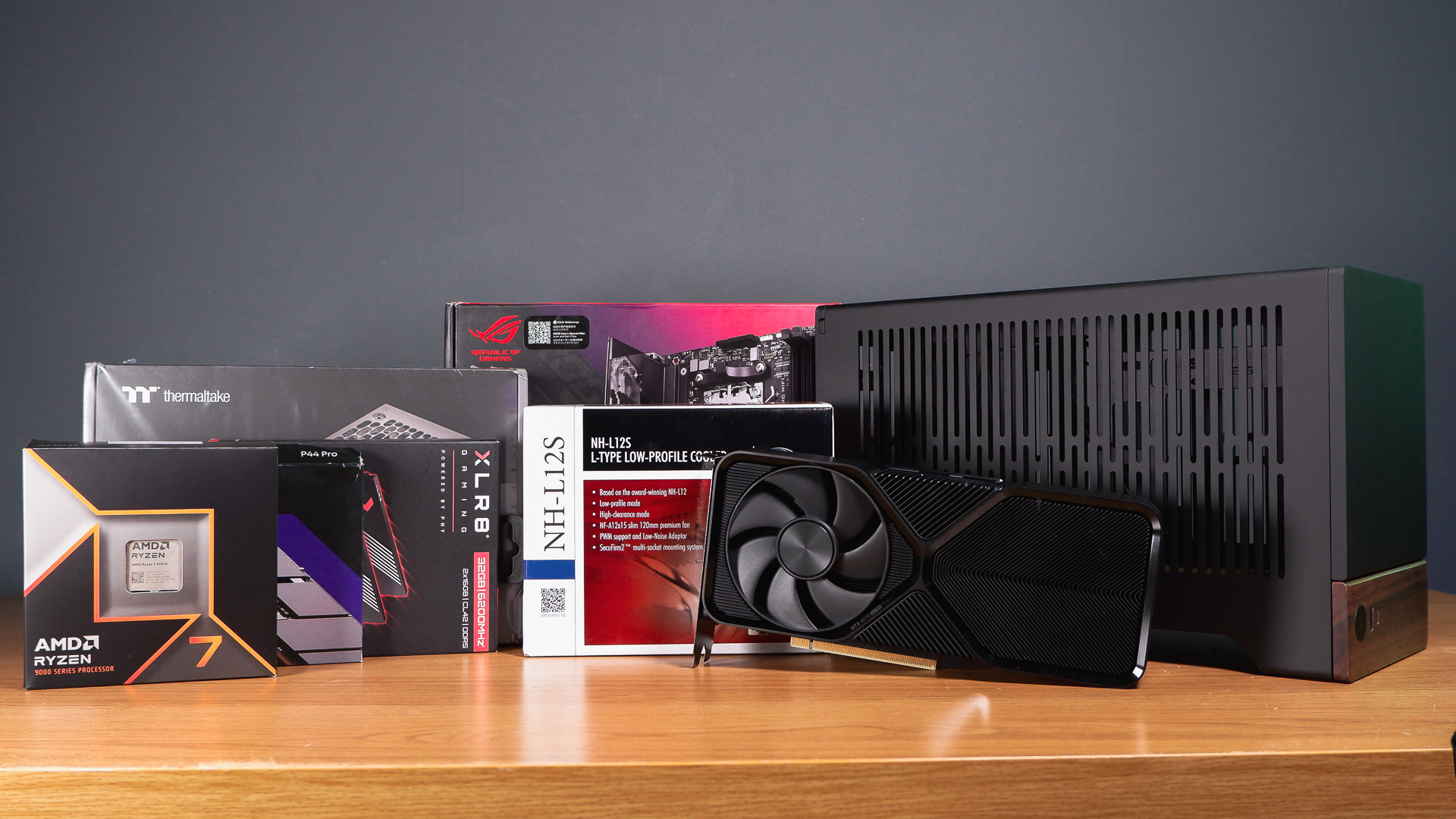
And it's slapped-together a little mini-history of the series too.
This year marks the 45th anniversary of Space Invaders, the landmark Taito coin-op that conquered the world and remains one of gaming’s most recognisable visual icons. Google clearly employs some big fans of Space Invaders, because the tech behemoth has gone all-in on celebrating this anniversary and, in collaboration with Taito, has both made a new game and created a small but beautifully presented history of the series.
The big shock is that Space Invaders: World Defense is an AR game that actually looks like the business. We’ve probably all played Pokemon Go but, beyond that, AR games felt like a bit of a fad (though admittedly I’m not the most informed about mobile gaming). Don’t get me wrong you won’t be mainlining this thing for weeks, but something about using your phone and seeing those giant invader shapes floating around the houses and buildings fits absolutely perfectly, and the moment you see it you’ll smile.
“[Google] invites players from around the world to get outside and defend the Earth,” writes Google’s Steven Silva. “Space Invaders spawn from buildings and rooftops, hide behind structures and hover in the sky. Through global immersive gameplay, players from all over the world have to work together to save the planet.”
The game was developed by Unit9 and players blast away at the invaders, take cover from incoming fire, and their points are collectively tallied together by the game: so we’re all working together to repel the alien invasion. There are power ups, localised scoreboards, selfie integration, and the game adapts to location, time and local weather.
The game is available now on Android and iOS. It’s not going to change the world but it is a delightfully imaginative tribute to a classic, and a use of AR that instantly strikes you as smarter than the average. It’s certainly a more appealing vision for the tech than Apple’s nightmarish vision of us all sitting on the couch wearing $3,500 headsets.




